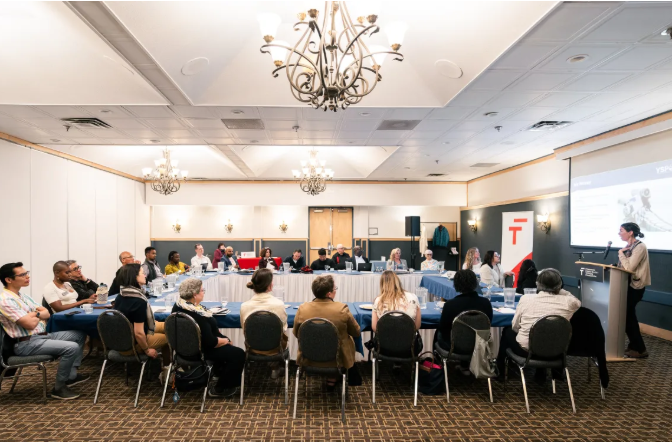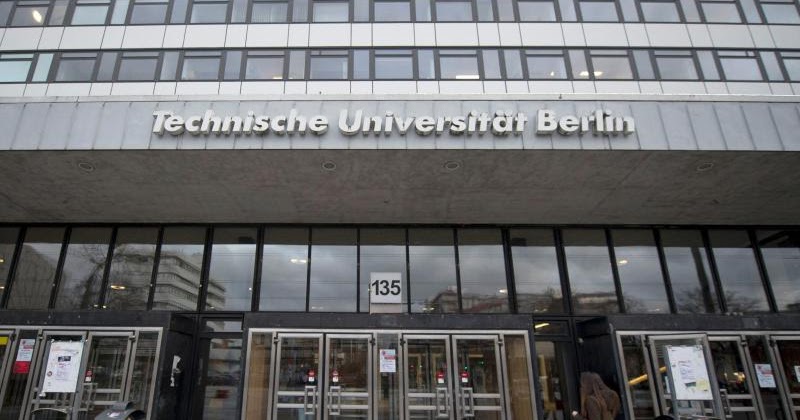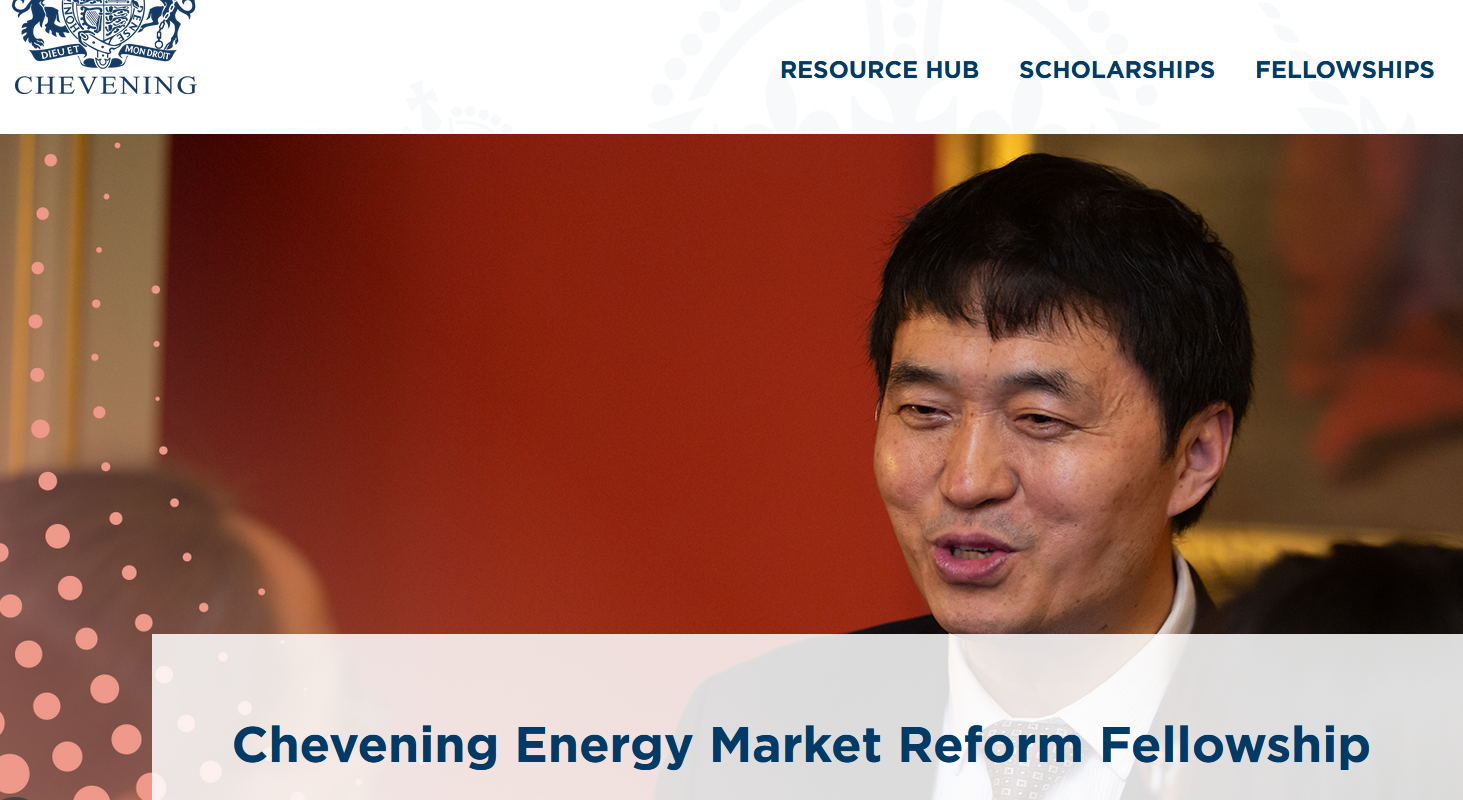Ref: 1260
About the award
Location:Â Cornwall Campus, University of Exeter.
Primary supervisor:Â Â Markus Mueller, University of Exeter.
Secondary Supervisor:Â Xiaoyu Yan, University of Exeter.
Renewable Energy is expected to be an important part of the low-carbon energy supply for the UK in the future. Various technologies use various resources and add to the âRenewables Mixâ but there is only a preliminary understanding in how much these technologies in fact contribute to a reduction of carbon emissions. A Life Cycle Assessment (LCA) can help to understand how a technology performs in view of carbon emissions from the âcradle to graveâ. Most current LCA models of renewable energy technologies, and in fact other technologies, however can only make âstaticâ estimates of future scenarios that lack dynamic interactions with changing circumstances. For example, technological advances might make renewable technologies more efficient and effective in the future while extracting fossil fuels might become more costly and carbon-intensive.
In this interdisciplinary PhD project we will develop a dynamical LCA tool that can incorporate changes in the characteristics of a considered technology, changes in the characteristics of the environment in which the technology will be deployed in, changes in the impacts to the environment, and changes in the performance of competing technologies and how in return these changes will influence the life cycle impacts of the considered technology. The focus will lie on the mathematical modelling of the model for Life Cycle Assessment and what qualitative and quantitative results such a tool is able to deliver.
The LCA tool, which we develop, will enable us to make comparison between different technologies generating âcleanâ energy, provided sufficient and reasonable data is available. There could be a focus on a particular renewable technology: its potential and impacts in an uncertain natural, economic and social environment, and an uncertain future.
You will be based in the Environment and Sustainability Institute (ESI) at the University of Exeterâs Penryn Campus and will be expected to collaborate with researchers within the ESI, the University of Exeterâs Renewable Energy group, the University of Exeterâs European Centre for the Environment and Human Health, and partners from industry, government and NGOs on various aspects of the project.
Contact for Informal Enquiries:Â Â m.mueller@exeter.ac.uk
Application Criteria
You should have or expect to achieve at least a 2:1 Honours degree, or equivalent, in Mathematics, Engineering or Natural Sciences. Experience in mathematical modelling, dynamical systems and control theory, numerical modelling using software such as MatLab, GIS tools and Life Cycle Assessment tools are highly desirable though not essential.
Summary
Application deadline: 13th October 2013
Number of awards: 1
Value: 3 year studentship.
Tuition fees (UK/EU/International) and £13,726 annual maintenance allowance
Duration of award: per year
Contact: Liz Roberts emps-pgr@exeter.ac.uk
How to apply
To apply, you must complete the online web form. You will be asked to submit some personal details and upload a full CV, covering letter and details of two academic referees. Your covering letter should outline your academic interests, prior research experience and reasons for wishing to undertake this project.
For general enquiries please contact Liz Roberts at emps-pgr@exeter.ac.ukÂ
Scholarships are not only for the smart students. Anyone can get scholarships













Have a Question about this Scholarship?